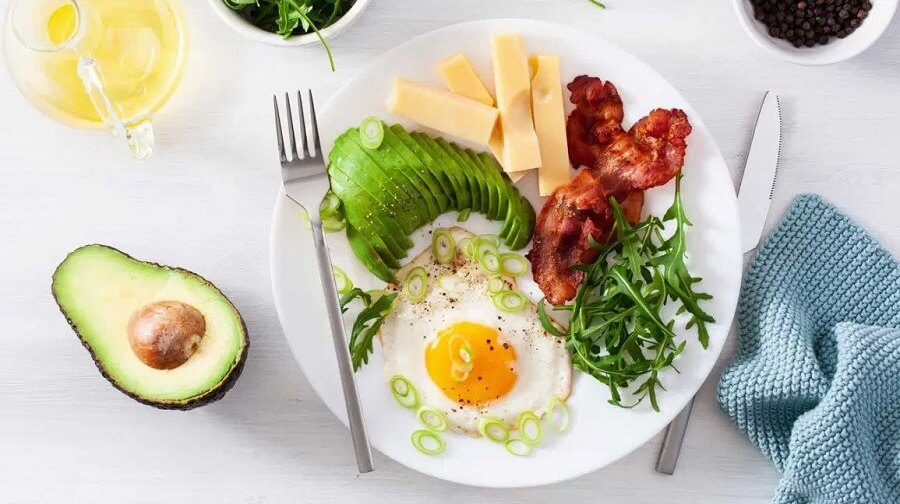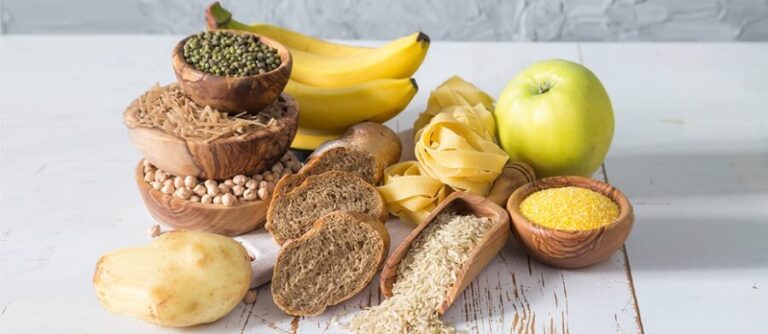When scientists say that sugar is addictive, they are based on glucose and fructose activating areas of the brain that produce pleasure, which are the main reasons for repeating the pleasant experience of eating sugar.
Little by little, our brain will get used to enjoying different types of sweets, which often leads us to seek more variety and more refined carbohydrates.
This leads to a gradual increase in overall servings, and many times there is weight gain, deterioration of the body, and an increased risk of type two diabetes. That’s why quitting sugar can be important for many people.
This seems quite intuitive. However, you are probably not aware that the best way to quit sugar is not to plant yourself in black or white but rather stay in the gray. The healthiest thing is to walk the path slowly and progressively, and you can even eat sweet things from time to time.
Read on to understand how to give up sugar and healthily replace refined carbohydrates.
Give up sugar … Is it healthy?
Sugar is a universal source of vitality and good humor. Many of us liked that experience of eating a little sugar for breakfast (cereal, yogurt, and juice), afternoon tea (sweet coffee), and dinner (chocolate before bed). In moderation, this is considered healthy.
Giving up sugar is not so much about cutting that teaspoon with the coffee but rather about reducing the excess of desserts and sweet industrial products.
The WHO reminds us that the best solution to give up sugar (and added sugar) is to limit its amount to 5 – 10% of your caloric intake. Such recommendations boil down to the fact that their consumption in a higher proportion leads to the development of various chronic diseases.
In practice, we are talking about the consumption of 30-50 g of sugar per day (depending on the sex and weight of the person). This is healthy. By 2016, most people exceeded this amount by more than double the recommended intake. (4)
This is due not so much to the consumption of table sugar in its pure form but to eating products containing added sugar as first on the ingredient list: cookies, cakes, cakes, juices (juices), and sweet yogurts.
What is the main difficulty?
The tricky part of giving up sugar is based on the fact that it is added to almost all industrially made foods (including sauces and cereals) and that the brain gets used to feeding itself on pleasant sensations and extra calories.
Immediate rejection of refined carbohydrates often results in a hangover-like sensation: a person’s mood deteriorates, and performance drops dramatically. The brain demands to return to feeling “normal” and to stimulate the reward circuit, which leads you to eat sugar again.
How to stop sugar?
First, tune in to the fact that quitting sugar is a gradual process that takes time. For the first week, stop buying sugar and skip sweets for breakfast. In the second week, normalize your lunch by eating more whole grains. In the third week, review your approach to dinner by increasing the number of vegetables.
Vegetables and cereals contain starch, a complex carbohydrate, which the body slowly converts to glucose. Replacing sweets with starchy vegetables (like potatoes) or whole-grain toast will help keep you energized and full longer.
Some ideal foods to replace the energy of sugar: are quinoa, whole grains, sweet potatoes, oats, brown rice, and fruits.
Other tips when avoiding sugar
Do not try to solve all problems simultaneously, and do not set a goal to go by altogether quitting; remember that is not your primary goal, but rather to lose dependence on excess.
Don’t be obsessed with counting the amount of each bite you eat; just avoid high-in added sugar products and replace them with whole foods.
When you feel anxious, eat more fruits and dark chocolate. These can easily play the role of sweets.
Replacing pastries and pastries with desserts or sweets with sweeteners will temporarily help. But its excess is not a good idea either. Although they are healthier for the body, they create a stimulus very similar to that of sugar in the brain.
ABSTRACT
An essential healthy eating recommendation is cutting sugar (including added sugar) to 10% of your calories. Do not demonize sugar; avoiding its excess is necessary, but its sporadic consumption is not a significant danger to your health.







